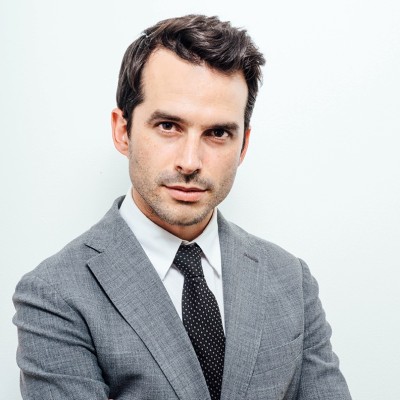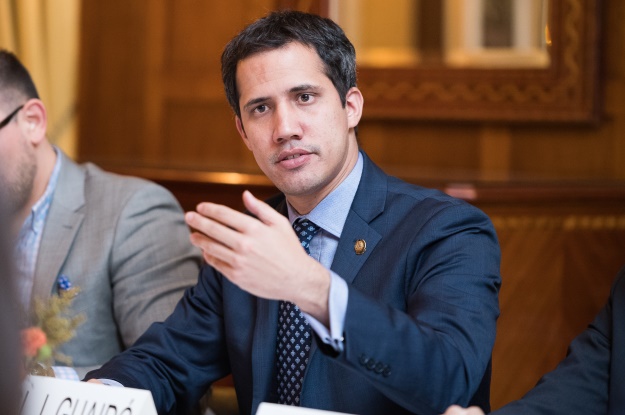Juan Guaidó, the 35-year-old congressman who on Jan. 5 took the helm of Venezuela’s National Assembly, has advantages that most opponents of Nicolás Maduro’s regime don’t have. Hailing from the tiny state of Vargas, one of Venezuela’s poorest, Guaidó is mostly free from the infighting and political intrigue that has long hindered other opposition leaders. His rise to president of the Assembly came as part of a power-sharing agreement among opposition parties, and only then after a series of more prominent leaders were knocked out of the running by scandal or persecution by the regime.
Perhaps more importantly, Guaidó was just 15 when Hugo Chávez first came to power in 1999, making Maduro’s efforts to paint him as a “puppet of the empire” and a figure of the pre-Chávez elite ring hollow.
All that, and an inaugural speech in which Guaidó called Maduro a “usurper” and stressed that the president’s swearing-in for a second term on Jan. 10 would mean an “end to the constitutional order,” has left many Venezuelans hopeful that the opposition has found a new, clear leader around which to rally.
But just who is this young congressman, and how might he guide Venezuela’s opposition in the months ahead?
Guaidó’s political origins offer some clues. In 1999, the same year Chávez became president, severe mudslides ripped up homes and businesses in Guaidó’s small community in Vargas. Tens of thousands of people died in the state, marking one of the worst natural disasters in Venezuela’s history.
Those close to him say that the experience – and seeing the feckless response from the government – drove Guaidó to activism and, eventually, to become a youth organizer for Leopoldo López’s newly-formed party, Popular Will. After years of student activism, Guaidó’s election to Congress in 2015 marked a political milestone; Chávez’s political forces had to that point been unchallenged in Vargas, where government-owned operations, including an airport and a major maritime port, were the largest employers.
In his time in Congress, Guaidó has focused on investigating corruption cases that have come to light during Maduro’s administration. He’s now working with multilateral and private organizations to repatriate stolen money once a new government is in place to help fight Venezuela’s humanitarian crisis, which has hit Vargas particularly hard.
In that sense, Guaidó assumes control of the National Assembly at a crucial moment. Medicine and food shortages continue to worsen even as Maduro readies for another term in office. On Jan. 4, 13 countries from the region, the so-called Lima Group (excluding Mexico), issued a statement saying that the Assembly was the only legitimate institution in the country and that they wouldn’t recognize Maduro’s Jan. 10 inauguration. Many in the international community have followed suit.
Skeptical observers point to the many times the regime in Caracas has ignored or sidestepped the Assembly through the Supreme Court and the National Constituent Assembly, a legislative body created by Maduro and packed with his supporters.
But the National Assembly is still a key player in signaling a possible route to change to the international community, especially on economic issues. According to Venezuela’s constitution, the body must approve every loan taken by the government. Therefore, investors and would-be lenders know that their loans may not be recognized by a future government if they don’t have the Assembly’s approval.
Sensing the momentum around his presidency, Guaidó and the rest of the congressional leadership have announced that as Venezuela’s “only legitimate institution” they will represent the state abroad and name new electoral, ombudsman and judicial authorities, moving closer to a parallel government scenario.
Maduro and his allies still control the country and are highly unlikely to cede power to the National Assembly. But the opposition has seldom been so aligned with the international community, or had such a consensus surrounding its leadership. The convergence of these two variables, plus hyperinflation and the ongoing decline of the country’s oil output, is something the regime has not had to face before.
How Maduro will respond to Guaidó – and increased pressure from the international community – is unclear. But if cracks within chavismo do begin to widen, the opposition may, finally, be in position to capitalize.
—
Zubillaga is head of AS/COA’s Venezuela Working Group








